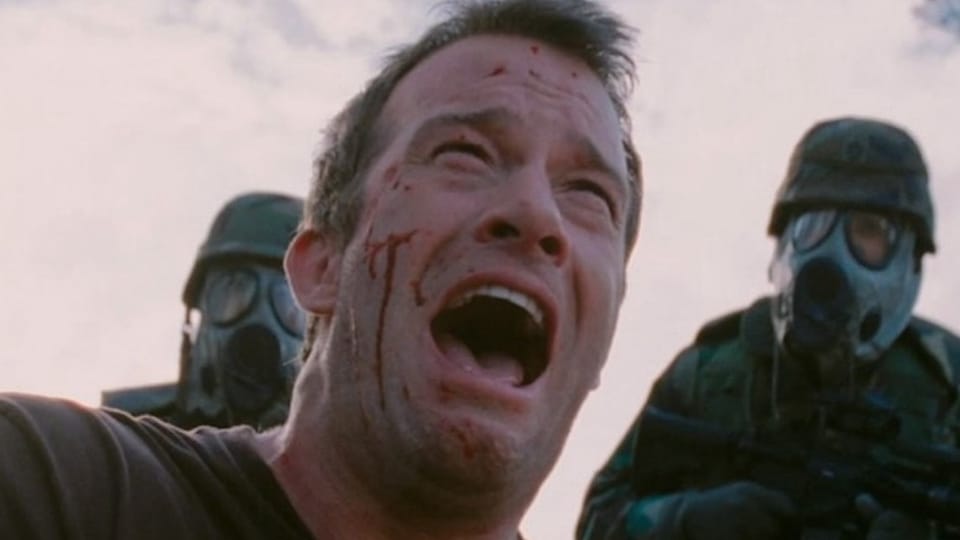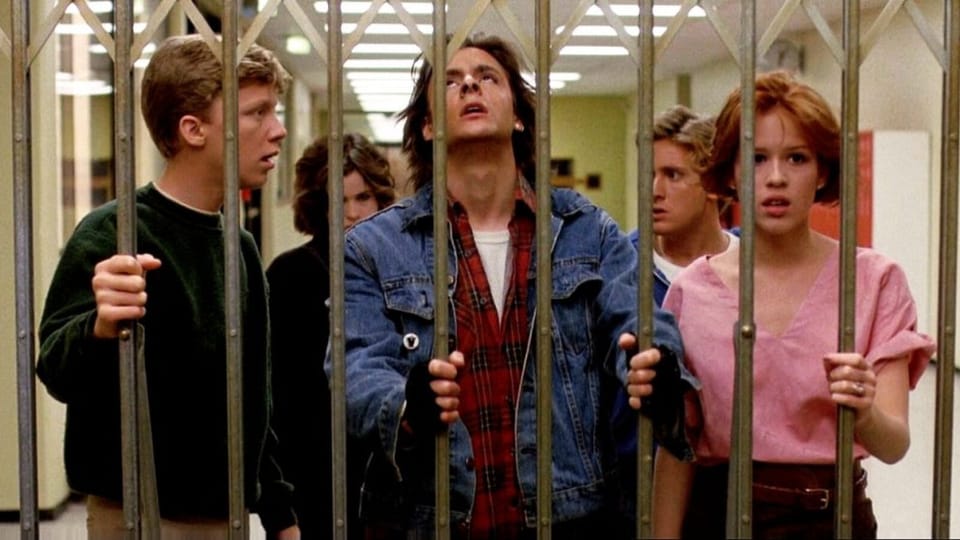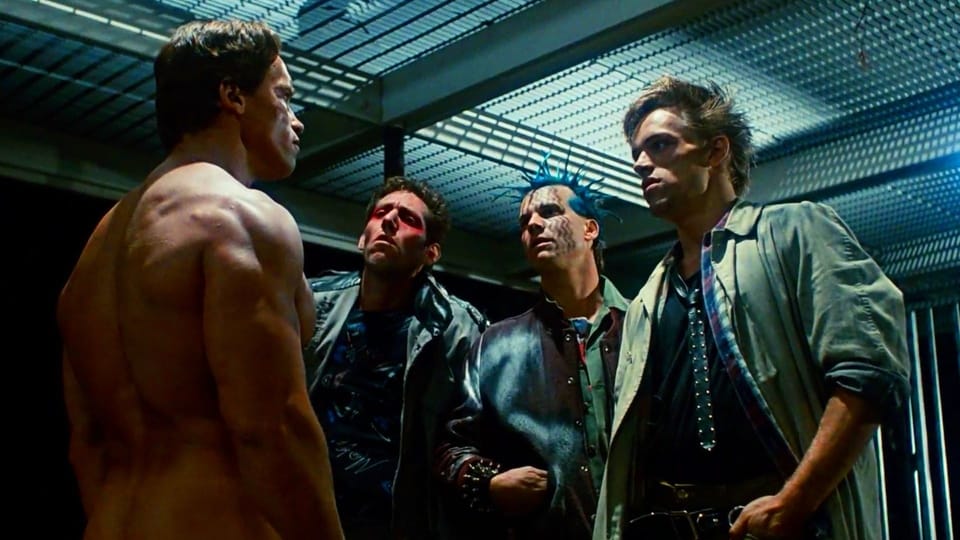This Might Be What’s Wrong With Your Spec Pilot
I’ve been able to read a lot of spec sitcom pilots over the years. Mostly from friends and acquaintances within the Los Angeles improv/comedy scene. The shortcomings of these projects have been surprisingly consistent.

The Story and Plot Weekly Email is published every Tuesday morning. Don't miss another one.
I’ve been able to read a lot of spec sitcom pilots over the years. Mostly from friends and acquaintances within the Los Angeles improv/comedy scene. The shortcomings of these projects have been surprisingly consistent.
Keep in mind, these are very funny, talented writers, so there isn’t an issue there. Most of them are capable of good work, but they have similar training in improv and sketch. While those skills can be invaluable (I can’t recommend them enough,) they often flex different muscles than writing narrative television and film.
The experience of the read tends to go like this:
It’s a premise pilot, for starters. The script will open with a few solid jokes, but the humor slows down more and more as the script drifts away from character and into plot. By the end of the pilot, the narrative momentum has slowed to a crawl as we finally learn what this future series will be “about.”
There are a few things here that might make this a tough sell. Now a premise pilot isn’t unattractive anymore (streaming loves them), but these pilots aren’t setting up a problem that will require the series to resolve. They are often just setting up a traditional “situation comedy” of a workplace or family, which is the very kind of series that a premise pilot is still discouraged for.
The nature of the humor is often an issue as well. The humor usually relies too much on characters saying funny things rather than compelling characters that are fun to watch.
But most of all, the primary dilemma of these scripts has been this:
Nobody wants anything.
Characters are not actively seeking to accomplish something. They are not trying to fix a problem that was introduced in the first act, and hence, there are no complications.
Funny things happen TO them, and they say funny things about those things, and then the pilot is over. Some isolated scenes may be funny, but this isn’t sketch or improv, it’s story, and with story, narrative momentum needs to carry over and accelerate from scene to scene.
These scripts are missing the three most basic elements of any story:
1. Somebody wants something,
2. They are having trouble getting it, and
3. Something will happen if they fail.
Objective, Obstacles, and Stakes.
These spec pilots have plots, but no storylines.
Most sitcomshave two or three. If someone isn’t actively seeking an outcome, it’s not a storyline. If there are no complications to this want, it’s not a storyline. If there is no resolution (even if that resolution IS that there is no resolution), it’s not a storyline.
If you can’t identify what these things are for each of your storylines, you need to make different choices so that you can.
Just about everything one learns in improv and sketch will be beneficial in writing sitcoms, drama, feature films, whatever. Immensely so. I have become a better teacher because of what I learned from improv.
But shifting over to narrative storytelling also requires a shift in thinking.
You are no longer looking to heighten and heighten and then get out. You want to build narrative energy that CARRIES OVER from one scene to the next. You are not just heightening game, you are heightening tension, stakes, relationships, and so much more.
You are doing this because, along with extended narrative momentum, good story requires both an emotional as well as a comic payoff.
The Story and Plot Weekly Email is published every Tuesday morning. Don't miss another one.
When you're ready, these are ways I can help you:
WORK WITH ME 1:1
1-on-1 Coaching | Screenplay Consultation
TAKE A COURSE
Mastering Structure | Idea To Outline




